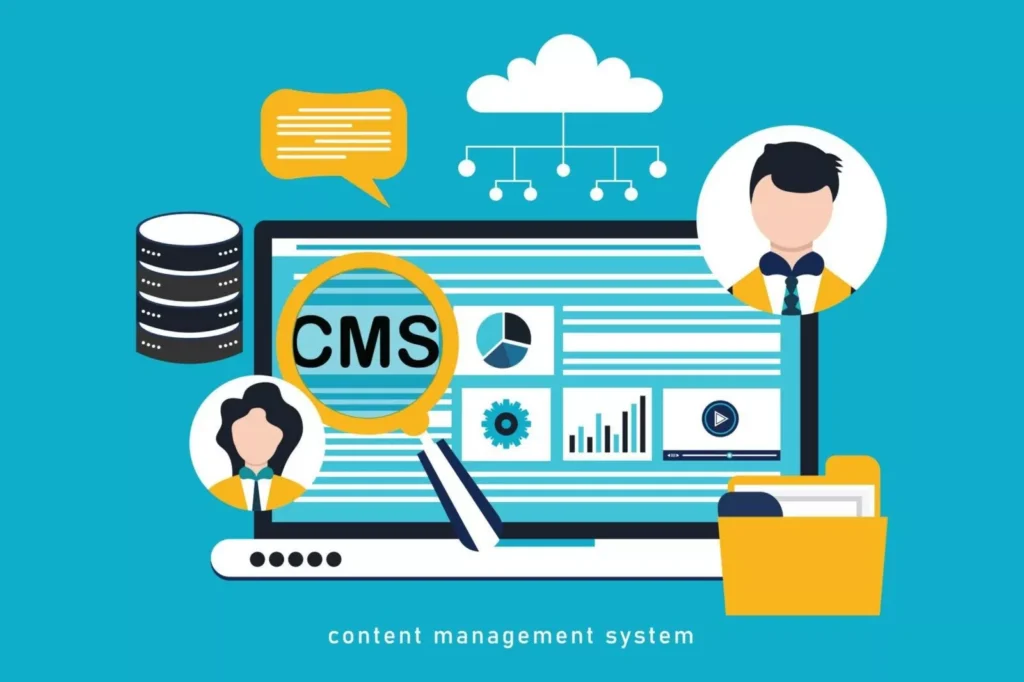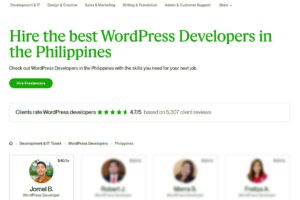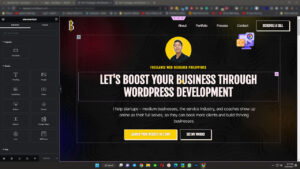A content management system (CMS) is an essential tool for managing and publishing content on your website. When choosing a CMS, there are several factors you should consider to ensure that it meets the needs of your website and your business.
Ease of use:
A CMS should be easy for you and your team to use, with a user-friendly interface and clear instructions for publishing and managing content.
Customization options:
Look for a CMS that allows you to customize the look and feel of your website to match your brand. This may include the ability to choose your own themes and templates, as well as the option to add custom code.
SEO capabilities:
A good CMS should have built-in SEO features, such as the ability to create custom titles and descriptions for your pages, as well as the option to add alt text to images.
Responsive design:
As more and more people access the internet on their smartphones, it’s important to choose a CMS that supports responsive design, ensuring that your website looks great on all devices.
E-commerce capabilities:
If you plan to sell products or services on your website, look for a CMS that has robust e-commerce functionality, including the ability to manage inventory, process payments, and track orders.
Scalability:
Consider the future growth of your website when choosing a CMS. Look for a CMS that can easily handle an increase in traffic and content as your website grows.
Integration with other tools:
If you use other tools or platforms, such as email marketing or social media, look for a CMS that can integrate with these tools to streamline your workflows.
Security:
Choose a CMS that takes security seriously, with regular updates and secure hosting options.
Customer support:
Look for a CMS that offers reliable customer support, whether through a knowledge base, online documentation, or a dedicated support team.
Cost:
Finally, consider the cost of the CMS, including any ongoing fees for updates or support.
After considering all of these factors, it’s clear that WordPress is an excellent choice for a CMS. It is easy to use, highly customizable and has a range of built-in SEO and e-commerce capabilities. It is also scalable, secure, and offers excellent customer support. In addition, WordPress has a large and active community of users and developers, which means there is a wealth of resources and support available. Overall, WordPress is a powerful and reliable CMS that is well-suited for a wide range of websites. So if you want to have a WordPress Developer just visit here.






